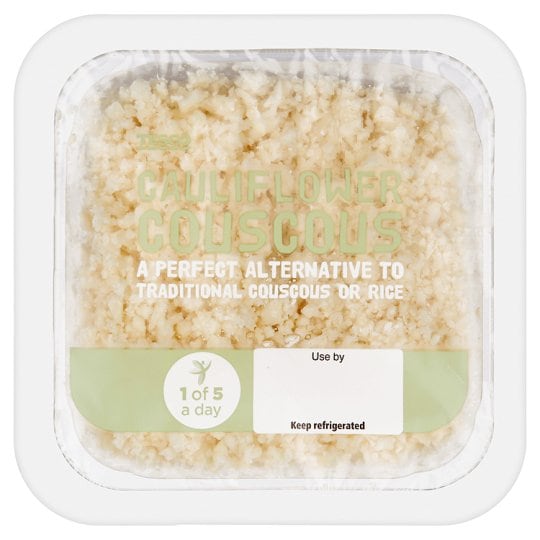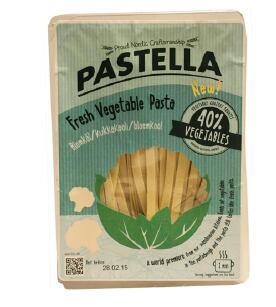Europeans are turning away from their once-beloved staple - and at almost twice the rate of their American counterparts, according to data from Euromonitor.
Value sales of dried pasta fell by 13% in Western Europe compared to 6% in North America between 2009 and 2014 - and Italy is leading the way in this drop, with pasta sales falling by one quarter for the same period.
In an online blog post, market analyst, Simone Baroke, said there were two reasons behind this growing trend: “First of all, it is made from gluten-containing wheat, and it is precisely gluten and wheat which a growing number of consumers are trying to avoid. The second issue is that pasta is regarded by many as nothing more than a low-in-nutrients-but-high-in-carbs vehicle for tasty sauces.”
With traditional pasta made from durum wheat branded an ‘empty calorie’ food, consumers have been quick to embrace spiralised vegetables – fresh vegetables thinly sliced using a hand-held processor which are then cooked like pasta.
UK supermarket Marks & Spencer reported a 64% increase in sales of sweet potato over the year, something Baroke said could be proof of the spiralising trend that has not just been making headlines but also emptying retail shelves of whole fresh vegetables.
Ready-spiralised
Retailers have been quick to step in and meet demand, offering packaged, ready-cut vegetable strips. Tesco's range of ready-spiralised vegetables, launched in May this year, includes carrot spaghetti, courgette penne-like ribbons and cauliflower couscous while packaging tells consumers the products should be considered as an alternative to wheat-based couscous and pasta or rice.

But is there any potential for food manufacturers and new product developers to take this beyond the whole food category?
Yes, says Mintel analyst Jodie Minotto. “Innovation in the pasta and rice category will continue to be very much focussed on side-lining wheat and increasing the proportion of other ingredients, especially vegetables.”
What's more, for British consumers products that claim to contribute to the five-a-day fruit and vegetable intake have more sway than those boasting low-fat or reduced sugar claims.
“In other words, “contributes to your five-a-day” is the most compelling nutrition-related claim that a product can make, out of an exhaustive list of commonly made claims,” says Minotto.
While vegetable pasta may not be a completely novel concept, this means it has new resonance with these health-conscious consumers.
“In the past brands have not tended to position these products – which are merely coloured with vegetable powder – as healthy or contributing in any meaningful way to intake targets. More recent innovation however has utilised vegetable purees which trump powders in terms of nutritional value and enable a brand to make serves per day claim," says Minotto.

Some dried vegetable pastas are already on the market – Italian pasta manufacturer Barilla has a range of dry pasta which contain 25 g of vegetables per portion while Norwegian producer Orkla has recently launched its range of Pastella Färsk Grönsakspasta (fresh vegetable pasta) which contains 40% vegetable puree.
But Baroke suggests that further innovation will be necessary to cement this trend and ensure it lasts. “It is now a matter of combining forces to ensure that it does not fizzle out prematurely and end up as yet another bullet point on the long list of short-lived ‘fads’”.
